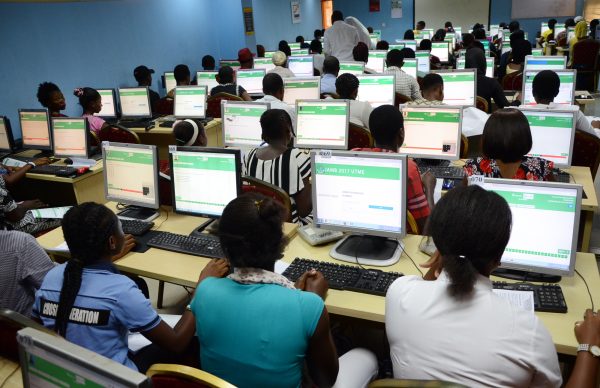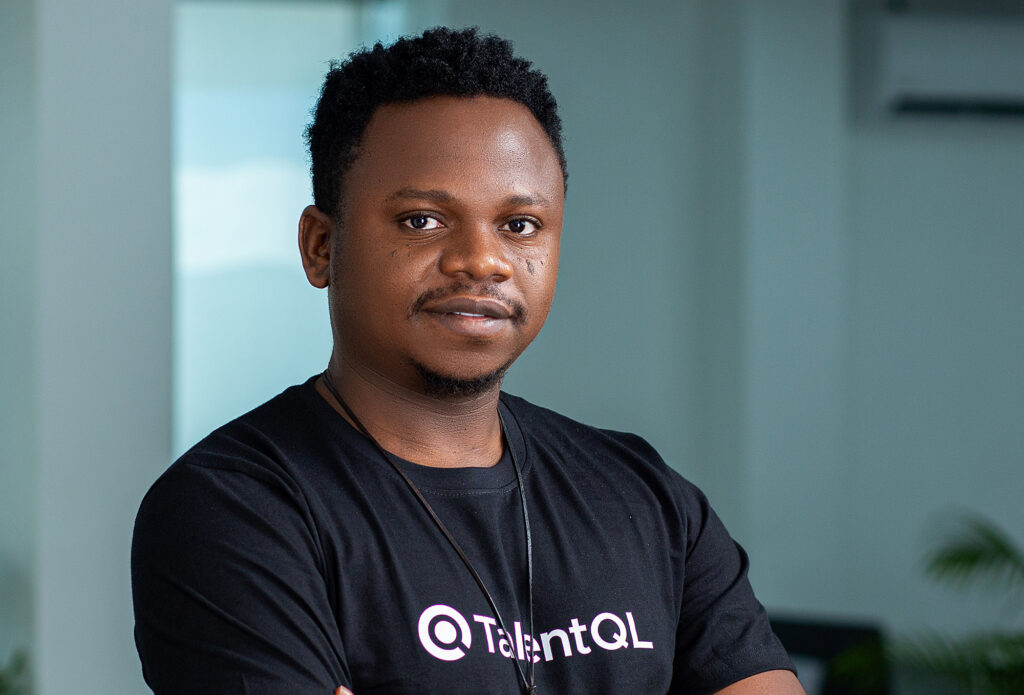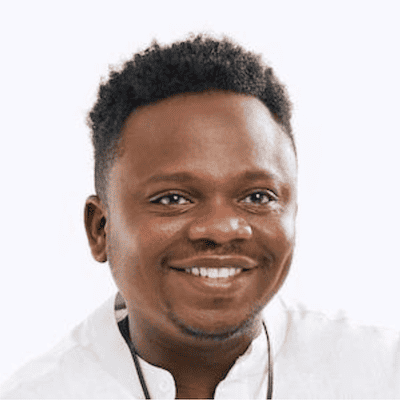At the Apex Tech Summit, themed “The African Digital Economy: Building the Infrastructure for the Next Billion Users,” AltSchool Africa CEO Adewale Yusuf delivered a sobering message: many Nigerian students preparing for the Unified Tertiary Matriculation Examination (UTME) are registering for courses that are increasingly irrelevant in today’s rapidly evolving economy.
Table of Contents

A Moment of Reckoning for Nigeria’s Curriculum
Yusuf, who co-founded the digital learning platform AltSchool Africa, decried Nigeria’s persistence with rigid academic structures—curricula that, in many cases, remain unchanged despite global shifts. He urged candidates, irrespective of their intended university or course of study, to recognise that “what you’re about to study is irrelevant” unless they take ownership of their learning journeys.
He used the example of MIT’s adaptive programmes to highlight how leading global institutions continuously overhaul their content, while Nigerian universities lag behind, tied to outdated textbooks and static teaching methods.
The Power of Self-Directed Learning
Yusuf emphasised that students must go beyond the classroom:
“In the name of God, I beg you, just go and learn something while you’re in school.”
“Over 60% of AltSchool’s students have Bachelor’s degree. So why don’t we study these in schools?”
He positioned creative and critical thinking as the ultimate resilience skill—one that will distinguish humans in an age when Artificial Intelligence (AI) is expanding the job market even as it replaces many traditional roles.

Adaptability: The Lifeblood of Career Security
Also speaking at the summit, Seun Runsewe, founder of Security Basic Tools, echoed the sentiment, stressing that the ability to learn—how to learn—matters even more than what to learn:
“The biggest skill that you can use to survive now is understanding how to learn. What to learn is always going to change.”
According to Runsewe, mastering the tools and methodologies for fast, effective learning positions individuals for success, even when industries shift.
Why This Matters for Nigeria’s Future
Nigeria stands at a crossroads. With a youthful population hungry for digital skills and entrepreneurship, relying on outdated courses could deepen the skills gap and widen youth unemployment. Reforming curricula, promoting self-learning, and building adaptability into education systems are no longer optional—they’re essential.
Yusuf’s warning calls for immediate action from policy-makers, educators, parents, and students themselves. It’s time to embrace dynamic education, align courses with global trends, and empower learners to chart their own paths.

Key Takeaways
| Issue | Insight |
|---|---|
| Outdated UTME Course Choices | Many courses students are registering for are not aligned with current economic needs. |
| Curriculum Stagnation | Nigerian academic structures lag behind global evolution. |
| Self-Directed Learning | Students must proactively acquire relevant, high-demand skills. |
| Creative, Adaptive Thinking | Thinking—not rote learning—is the key advantage in the AI era. |
| Shift in Focus | Education should emphasise adaptability, not fixed content. |
Conclusion
Adewale Yusuf’s wake-up call resonates: Nigerian education must move from archaic, inflexible curricula to a more responsive, future-ready system. For students writing UTME today, the message is clear: bypass irrelevant courses. Focus on building thinking skills and adaptability—skills that outlast any single academic programme.
Join Our Social Media Channels:
WhatsApp: NaijaEyes
Facebook: NaijaEyes
Twitter: NaijaEyes
Instagram: NaijaEyes
TikTok: NaijaEyes
READ THE LATEST EDUCATION NEWS







































